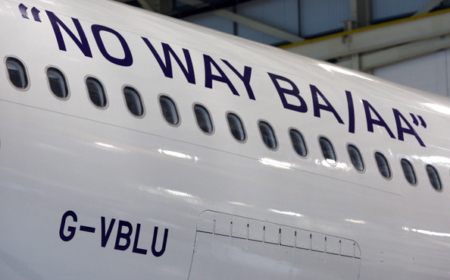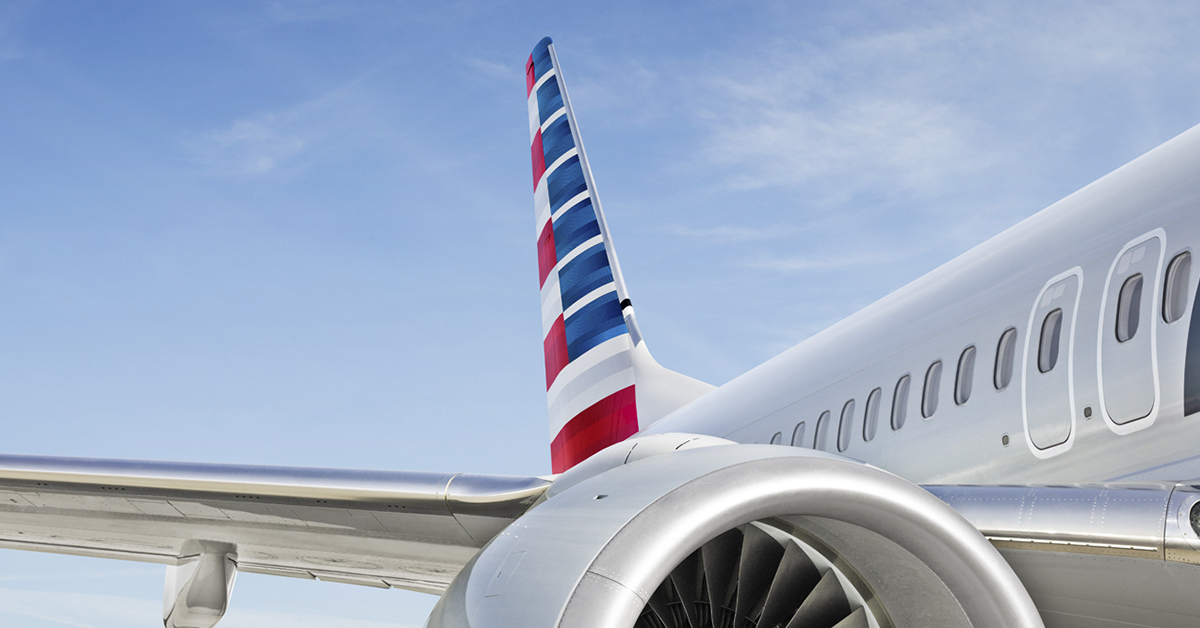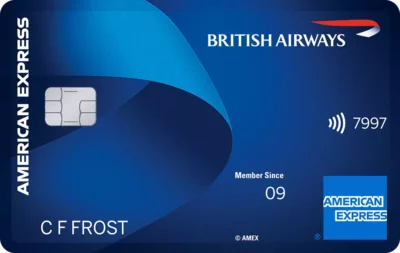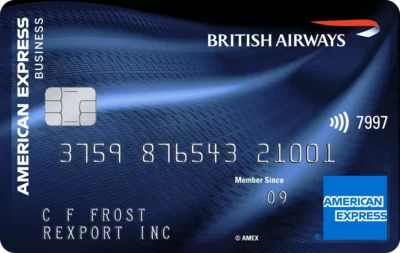Why the Competition & Markets Authority won’t renew the AA / BA transatlantic JV until 2026
Links on Head for Points may support the site by paying a commission. See here for all partner links.
2020 was to be an important year for British Airways and American Airlines as their transatlantic joint venture (together with Finnair and Iberia) was up for renewal with competition regulators.
It’s difficult to overstate just how important this joint venture is for both BA and AA. London to New York brought in revenues of over $1 billion for BA alone in 2018.
American Airlines is likely to earn a similar amount from the route, as all transatlantic profits are shared proportionally between British Airways, American Airlines, Finnair and Iberia.
And this is just one of the routes covered by the joint venture …..

How do Joint Ventures work?
When you book a flight to New York on British Airways, British Airways does NOT get your money. It goes into a big pot, together with all the money that American, Iberia and Finnair (and soon Aer Lingus) receive for selling flights between Europe and North America. This money is then shared out between the airlines using an unknown formula.
Clearly, this removes most incentives for competition between the airlines. The only real competition is working out how to juggle the formula in order to take more than your fair share from the overall pot …. after all, if you agreed to pool your salary with everyone else on your street and split it later, you wouldn’t be queuing up to do any overtime.
For obvious reasons, joint ventures like this must be approved by competition regulators. In addition to revenue sharing, JVs allow airlines to co-ordinate schedules and pricing.

The AA/BA Joint Venture is up for renewal
The transatlantic Joint Venture was originally approved in 2010 for a ten year period. In 2018, the Competition & Markets Authority began its investigation into a possible renewal.
In May 2020, it published its provisional findings and found that there was not sufficient competition on select routes between Europe and the US.
The CMA proposed that that the joint venture would have to surrender slots if a competitor wished to launch flights to selected destinations. These included Boston, Dallas, Miami and Philadelphia.
If no other airline wanted to launch flights to these destinations then the joint venture would have to fly a minimum required number of seats per year on the routes. It could not cut capacity in order to force up fares.

This plan has now been junked
Given the disruption caused by covid, the Competition & Markets Authority extended the joint venture in September 2020, for another three years until March 2024.
It felt that no long-term predictions could be made based on 2020 schedules and that it needed to let the aviation industry settle down again, hence the 2024 extension.
The new plan assumed a gradual airline recovery from 2021 onwards. Unfortunately that never materialised, with UK/US flight numbers actually lower in 2021 than 2020.
The Competition & Markets Authority has therefore decided to extend the interim measures by a further two years until 2026:
“Due to the continued impact of the coronavirus (COVID-19) pandemic on the aviation sector and the fact that material recovery is taking longer than was anticipated in 2020, the CMA wants to ensure that the remedies made available under the 2020 Interim Measures continue to be available for 2 additional years. As a result of these unprecedented circumstances, the CMA is not in a position to complete its investigation in advance of the expiry of the 2020 Interim Measures in March 2024. A tender process will take place in autumn 2023 for the remedy slots for the additional 2 years.”
Current ‘remedy’ flights operated by Delta Air Lines and Virgin Atlantic to Boston, Dallas and Miami will continue for an extra year until March 2024. United took over the second pair of London – Boston remedy slots last year. A tender will soon go out to see which airlines wish to bid for BA and AA slots to operate competing Boston, Dallas and Miami routes until March 2026.
Delaying the decision for a further two years will let British Airways and American Airlines off the hook in the short term. In the medium term, the deferral is more of a threat. The CMA will come down harder if it looks like competition on transatlantic routes has reduced.
Oddly, British Airways and American Airlines will be hoping that JetBlue and Norwegian 2.0, AKA Norse Atlantic Airways, succeed with their new transatlantic services. It will show that new entrants can enter the transatlantic market and that BA/AA – together with the Virgin / Delta joint venture – are not a block on competition.
You can read more on the CMA website here.

How to earn Avios from UK credit cards (April 2024)
As a reminder, there are various ways of earning Avios points from UK credit cards. Many cards also have generous sign-up bonuses!
In February 2022, Barclaycard launched two exciting new Barclaycard Avios Mastercard cards with a bonus of up to 25,000 Avios. You can apply here.
You qualify for the bonus on these cards even if you have a British Airways American Express card:

Barclaycard Avios Plus Mastercard
Get 25,000 Avios for signing up and an upgrade voucher at £10,000 Read our full review

Barclaycard Avios Mastercard
5,000 Avios for signing up and an upgrade voucher at £20,000 Read our full review
There are two official British Airways American Express cards with attractive sign-up bonuses:

British Airways American Express Premium Plus
25,000 Avios and the famous annual 2-4-1 voucher Read our full review

British Airways American Express
5,000 Avios for signing up and an Economy 2-4-1 voucher for spending £15,000 Read our full review
You can also get generous sign-up bonuses by applying for American Express cards which earn Membership Rewards points. These points convert at 1:1 into Avios.

American Express Preferred Rewards Gold
Your best beginner’s card – 20,000 points, FREE for a year & four airport lounge passes Read our full review

The Platinum Card from American Express
40,000 bonus points and a huge range of valuable benefits – for a fee Read our full review
Run your own business?
We recommend Capital on Tap for limited companies. You earn 1 Avios per £1 which is impressive for a Visa card, along with a sign-up bonus worth 10,500 Avios.
SPECIAL OFFER: Until 12th May 2024, the Capital on Tap Business Rewards Visa card is offering a bonus of 30,000 points, convertible into 30,000 Avios. You must have a Limited Company to apply. Click here to learn more and click here to apply.

Capital on Tap Business Rewards Visa
Huge 30,000 points bonus until 12th May 2024 Read our full review
You should also consider the British Airways Accelerating Business credit card. This is open to sole traders as well as limited companies and has a 30,000 Avios sign-up bonus.

British Airways Accelerating Business American Express
30,000 Avios sign-up bonus – plus annual bonuses of up to 30,000 Avios Read our full review
There are also generous bonuses on the two American Express Business cards, with the points converting at 1:1 into Avios. These cards are open to sole traders as well as limited companies.

American Express Business Platinum
40,000 points sign-up bonus and an annual £200 Amex Travel credit Read our full review

American Express Business Gold
20,000 points sign-up bonus and FREE for a year Read our full review
Click here to read our detailed summary of all UK credit cards which earn Avios. This includes both personal and small business cards.



 Rob
Rob 




Comments (37)